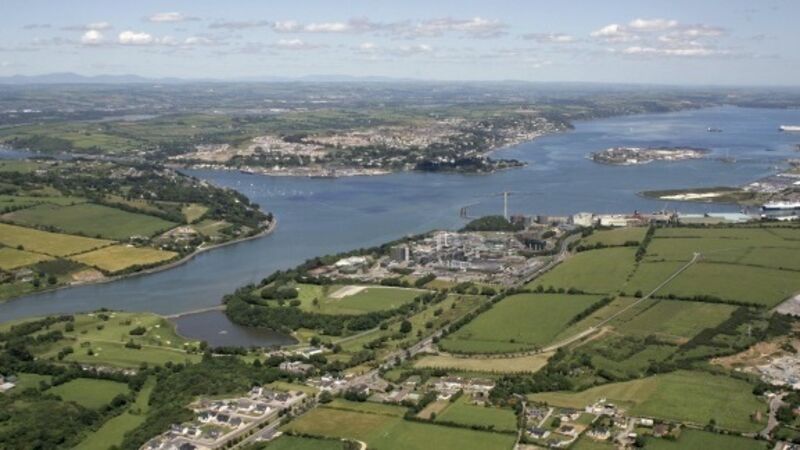Vulnerable bass in Cork fitted with tags to determine how they spawn

A large number were caught by anglers over four days last week. The study is being undertaken by Inland Fisheries Ireland in partnership with Finn Okland, of the Norwegian Institute for Nature Research, who tagged the fish, and some Cork anglers.
Little is known about the migration patterns, or spawning behaviour, of Irish bass and it is hoped the study will address a significant knowledge gap and provide improved information to manage this popular, sport fish species.














